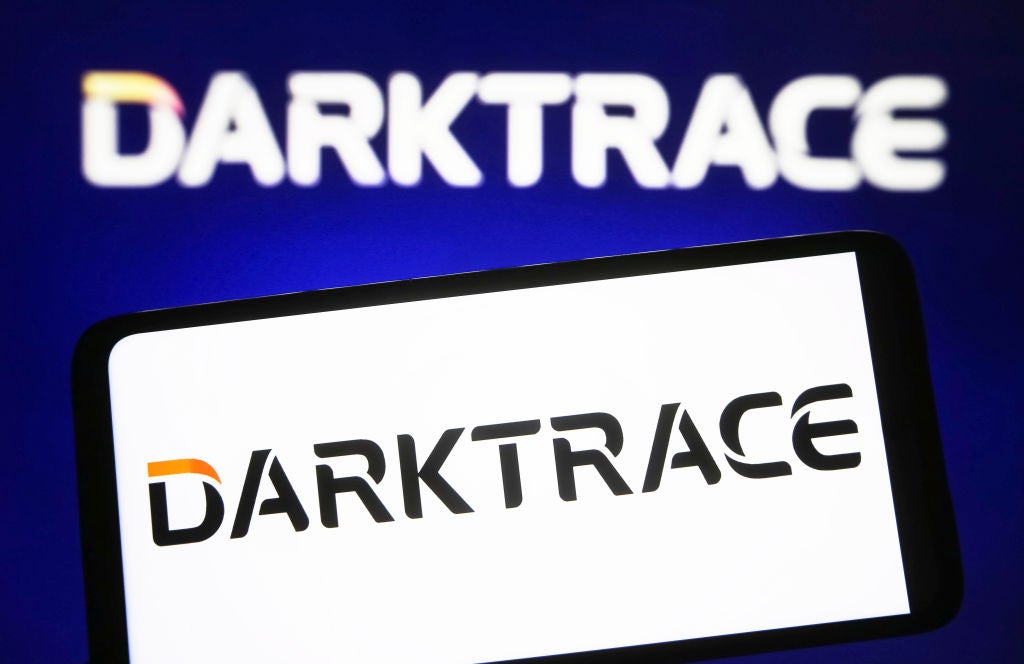
Distributed Denial of Service (DDoS) attacks may now cost the UK economy up to £1bn each year, representing a serious financial burden to businesses.
A DDoS attack is when a network is flooded with more traffic than it can handle, meaning that it cannot be used. These attacks are often carried out using botnets, vast networks of internet-connected devices infected with malware.
Darren Anstee, Netscout CTO of Security explains that as DDoS attacks are easy to carry out, they represent a significant threat to businesses:
“The tools to initiate DDoS attacks are cheap, freely available and easily deployed – as a result, there are more than ten thousand DDoS attacks every day around the world. The size and complexity of attacks continue to grow and businesses must make sure their key resources are adequately protected – including in the cloud, SaaS etc.”
According to resarch by Netscout, around 86% of major UK enterprises questioned were attacked at least once in 2018, and 91% of major enterprises who had experienced a DDoS attack in 2018 experienced network downtime as a direct result. Although the average down-time was 67 minutes for the year, 9% of those affected by DDoS attacks had their systems impacted for more than four hours.
Companies affected by DDoS attacks lose an average of £140,000 per attack. According to Netscout, downtime costs were estimated at £2,140 per minute, amounting to significant financial losses for businesses that are not quick to act. If this impacts 8,000 UK companies with more than 250 employees, the total cost equates to approximately £900m. Factoring in the 5.7 million SMEs with fewer than 250 employees in the UK, it is likely that this financial burden reaches £1bn per year.
How well do you really know your competitors?
Access the most comprehensive Company Profiles on the market, powered by GlobalData. Save hours of research. Gain competitive edge.

Thank you!
Your download email will arrive shortly
Not ready to buy yet? Download a free sample
We are confident about the unique quality of our Company Profiles. However, we want you to make the most beneficial decision for your business, so we offer a free sample that you can download by submitting the below form
By GlobalDataHowever, DDoS attacks have implications beyond service downtime. Survey respondents said that a range of consequences, such as revenue loss (36.2%), increased operational expenses (38.6%), reputational impact (36.2%), surging insurance premiums (31.9%) and loss of customers (30.7%), were among the long-term impacts of DDoS attacks.
Anstee believes that a secure IT infrastructure is essential to avoid this:
“If something is important to you, it’s important to hackers. As businesses place growing reliance on digital services, it’s hardly a surprise that attacks against the cloud, SaaS and data centres are increasing at an alarming rate. Attackers are continually evolving tactics to exploit new vulnerabilities in complex – and critical – IT infrastructures. It is essential that companies have visibility across their entire IT infrastructure – physical, virtual, cloud etc. – and into all inbound and outbound traffic, so that they can quickly and efficiently tackle threats.”
Read more: Beyond the honeypot: How military-inspired deception tactics are snaring cybercriminals





